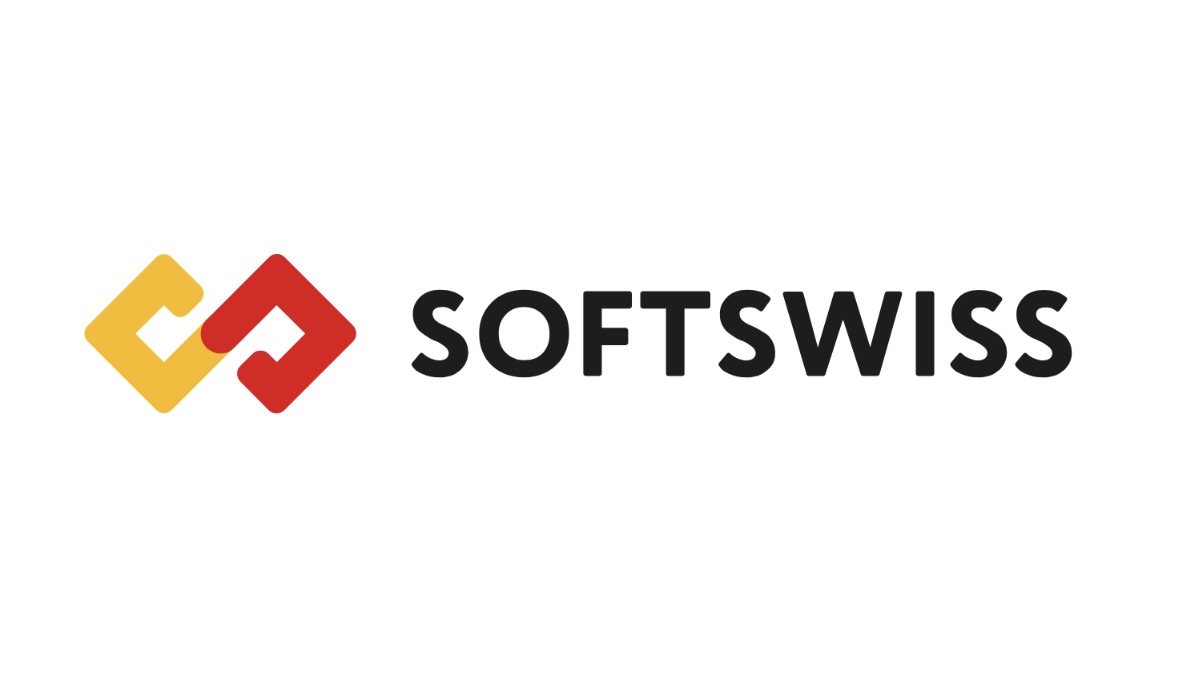SOFTSWISS Releases Report on the Latin American iGaming Market

SOFTSWISS has published a report with up-to-date data on population, income, internet access, and iGaming regulation across Latin American countries.
The Latin American iGaming market cannot be viewed as a single entity — each country has its own laws, income levels, internet accessibility, and regulatory approach.
While some countries are actively moving toward legalization, others remain uncertain or at an early stage of regulation. This diversity creates both opportunities and risks for operators.
Key iGaming Factors in the Region
To succeed in the market, operators must take into account:
- Regulation: laws may vary even within a single country.
- Infrastructure: internet penetration and the popularity of mobile devices.
- Economy: population income and betting capacity.
- Player preferences: demand for sports betting and online casinos.
Country Highlights
Argentina
Population: 45.7M (2024); 90.1% have internet access. Average private sector income: $1,400. Online casinos generated $0.44B in 2023, with a projected $4.15B by 2029. Regulation is active in 16 out of 24 provinces.
Bolivia
Population: 12.4M; 70.2% internet penetration. Average income: $617. Online gambling is unregulated, with no licensed casinos.
Brazil
Population: 212M; average monthly income: $540. Internet access: 86.2%. Fixed-odds sports betting was legalized in 2018, with updated rules for bookmakers in 2023. Federal regulation for online casinos came into effect in January 2025.
Chile
Population: 19.8M; 94.1% internet penetration. Average income: $877. A draft bill proposes a 20% GGR tax, plus 2% for sports and 1% for responsible gambling programs.
Colombia
Population: 52.9M; 77.3% internet penetration. Average income: $806. Regulator Coljuegos has blocked more than 10,000 offshore websites.
Costa Rica
Population: 5.1M; 92.6% internet penetration. Average income: $888. The market remains largely unregulated, operating in a grey area.
Dominican Republic
Population: 11.4M; average income: $333. Internet access: 88.6%. An online casino license costs $320,000 for 5 years and requires local hosting and responsible gambling tools.
Ecuador
Population: 18.1M; 83.7% internet penetration. Average income: $845. Since late 2023, a 15% tax applies to bookmaker revenue and player winnings. By 2024, more than 60 bookmakers had registered.
Comparative Data
| Country | Population | Average Income | Internet Access | Regulation |
|---|---|---|---|---|
| Argentina | 45.7M | $1,400 | 90.1% | 16 of 24 provinces |
| Bolivia | 12.4M | $617 | 70.2% | No |
| Brazil | 212M | $540 | 86.2% | Yes (federal) |
| Chile | 19.8M | $877 | 94.1% | Draft bill |
| Colombia | 52.9M | $806 | 77.3% | Full |
| Costa Rica | 5.1M | $888 | 92.6% | Grey area |
| Dominican Republic | 11.4M | $333 | 88.6% | Yes (licenses) |
| Ecuador | 18.1M | $845 | 83.7% | Taxes & licenses |
Conclusion
Argentina and Brazil show strong growth potential due to ongoing reforms, while Chile and Ecuador are increasing tax pressure. Bolivia and Costa Rica remain without clear regulation.
For operators, the key to success in the region is understanding local specifics and adapting products to each country’s economic and legal environment.
